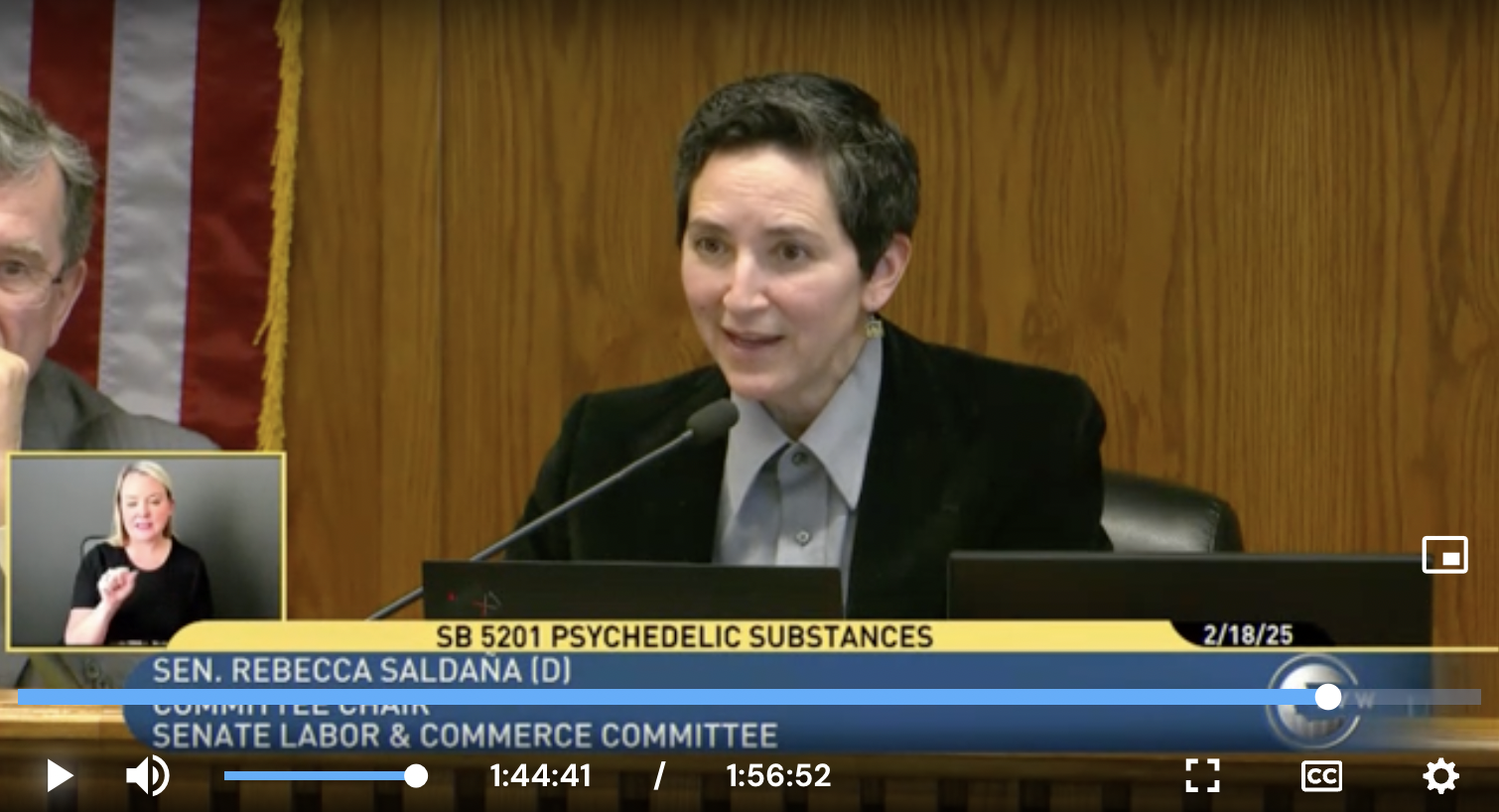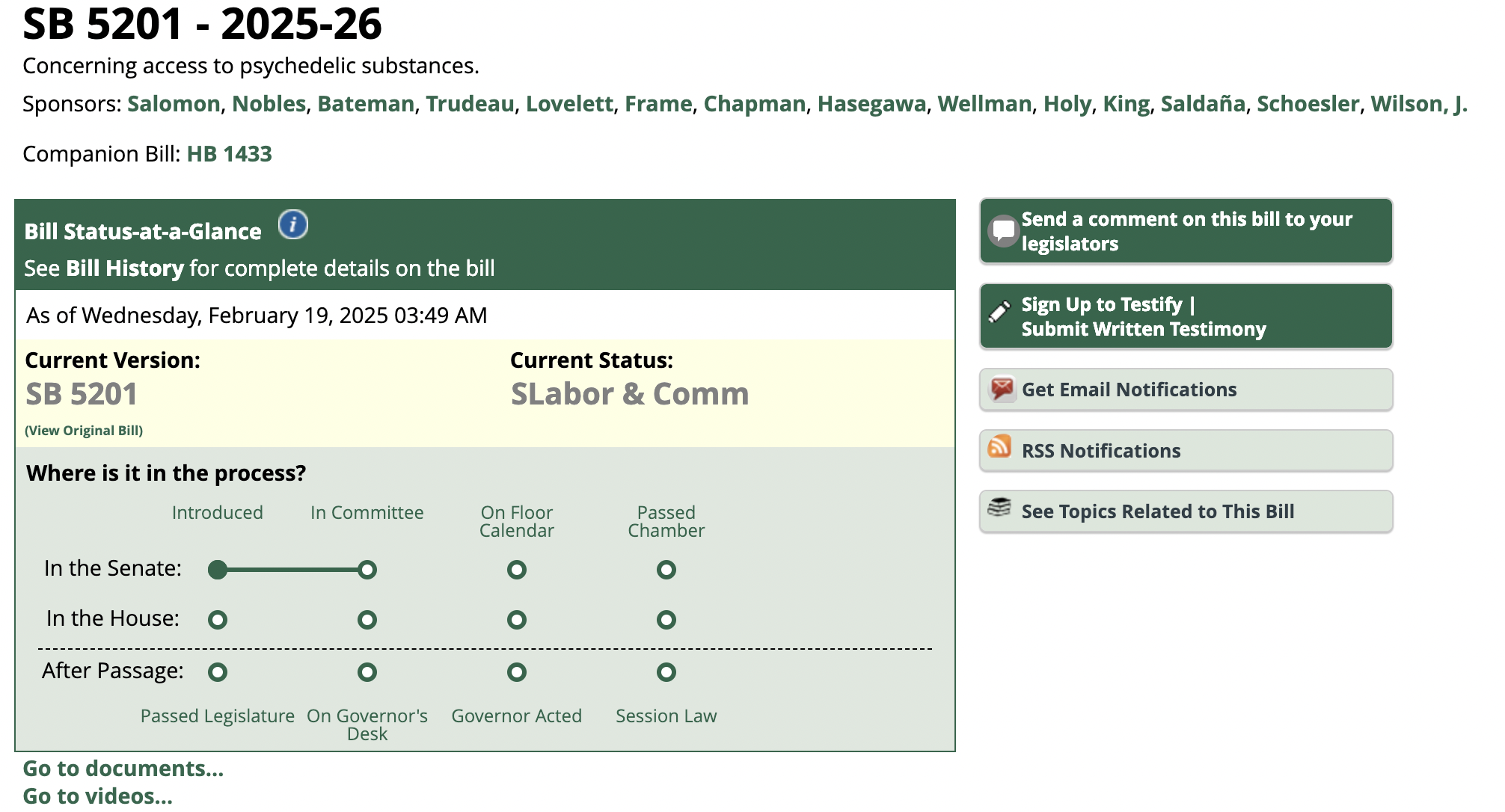Since the early 1970s, a vast majority of psychedelic substances have been classified as having no recognized medical value and a high potential for abuse. However, “psychedelics” is a term that encompasses a wide variety of substances. For example, while LSD, which was first derived from the Ergot fungus (a close relative of the Cordyceps fungus featured in the HBO series The Last of Us), remains a Schedule I drug along with fellow psychedelics; psilocybin, ibogaine and peyote (as well as cannabis), not all psychedelics are Schedule I drugs. Some psychedelics, such as ketamine, are listed in Schedule III, meaning that they have some currently accepted medical use and a lower potential for abuse.
More recently, many psychedelics (including LSD) have been recognized as having therapeutic value in treating certain mental illnesses, such as depression and post-traumatic stress disorder. As a result of headway in psychedelic research, the U.S. Food and Drug Administration designated psilocybin — the main psychoactive compound of hallucinogenic mushrooms — as a breakthrough therapy in 2018. The FDA had already drawn the same conclusion for MDMA in 2017.
Following this, in 2020, JAMA Psychiatry published a study demonstrating promising outcomes of treatment with psilocybin for various forms of depression. Then, a 2021 study published in Nature Medicine identified MDMA-assisted therapy as a potential breakthrough treatment for PTSD.
Similarly to cannabis, an acknowledgment of the various legitimate medical uses for these substances has resulted in legislative action on the state level across the country. Currently, at least 31 states have either passed or are considering legislation to legalize, decriminalize, authorize therapeutic use, or encourage further research of psychedelics.
While it remains to be seen whether states’ legalization or decriminalization of psychedelics will be as widespread as it has been for cannabis, the rate at which states are introducing psychedelic reform bills is happening much quicker than we saw for cannabis.
Nonetheless, like cannabis, the decriminalization or legalization of psychedelics at the state level does nothing to affect its federal illegality.
So why might psychedelics become federally legal well before cannabis?
Principally, for three reasons.
- Because ketamine, an anesthetic with psychedelic properties, is currently classified as a Schedule III substance. Although it has a checkered past, often referred to as “Special K” when used illegally in rave circles, and having been known as a “horse tranquilizer” since its primary clinical use was as an anesthetic in both human and veterinary practices, ketamine treatment programs have been popping up all across the country. Ketamine is now considered a life changing therapy which can effectively treat illnesses such as treatment resistant depression and PTSD. As a result of its proven efficacy and clinical availability (even though most ketamine therapies are technically “off-label” or unapproved for such use), ketamine has already achieved a degree of mainstream acceptance.
- The FDA has already recognized that schedule I drugs like psilocybin and MDMA are what is described as “breakthrough therapy,” meaning that preliminary clinical evidence indicated that the drug may provide a substantial improvement over other available therapies. This breakthrough therapy designation allows for expedited review and drug development. The significance of this from a federal legalization standpoint is that the FDA has already acknowledged the medical potential of certain psychedelics, which is more than half the battle.
- Unlike cannabis, the use of some psychedelic substances, like peyote, is permissible in the context of legitimate religious ceremonies under the American Indian Religious Freedom Act of 1978 (AIRFA) (42 U.S.C. § 1996). The federal recognition of protected uses for psychedelic compounds means that general acceptance at a federal level may come easier than for cannabis. Despite many having claimed religious use of cannabis, such as the Rastafari, no such use has been recognized at the federal level.
Taking these factors into account, we believe there is a significant possibility that psychedelics, at least on some level, will be made federally legal before cannabis.
The content of this article is intended to provide a general guide to the subject matter. Specialist advice should be sought about your specific circumstances.
Source:






































